Voddie Baucham Jr., a well-regarded author, Christian intellectual, and pastor, might have ended up a statistic. Raised by a single mother in South Central Los Angeles, which was then in the throes of the crack epidemic, Baucham could very well have been just another tragedy in a long line of sad stories about kids who grow up in the hood, fatherless and hopeless. Critical race theory proponents, who have infiltrated nearly every aspect of our culture, would say that no one could blame Baucham if he’d ended up jobless, homeless, or in prison. The movement—which sorts all humans according to their immutable characteristics and ranks them in hierarchies of oppression or victimhood—would claim that Baucham was born a victim simply by virtue of his skin color.
Instead, he became a standout Division I football player and went on to earn a pile of degrees that space does not permit me to list. He’s written scores of books, pastored a church, and is currently dean of the School of Divinity at African Christian University in Zambia. His new book, Fault Lines: The Social Justice Movement and Evangelicalism’s Looming Catastrophe (Salem/Regnery), is not only a repudiation of Marxist critical justice theory, but also a warning to the church about the growing divide between two Christian camps: one that relies wholly on scripture as a source of truth, and a second that relies on a dangerous, unbiblical ideology—one that Baucham calls a cult (more on that in a moment).
Baucham defines and explains critical justice theory—a broader term that encompasses more than just race—by prodigiously citing the writings of its proponents, using an earthquake as a metaphor for the “seismic shifts in the evangelical landscape,” a fault line, if you will. From the very first chapter of this excellent book—a must-read for anyone who wants to understand critical justice theory—Baucham insists that ethnic tensions are not the problem, nor are political divisions. Rather, the problem is social justice versus biblical justice, the former being “incompatible with biblical Christianity.”
The book “is a plea to the Church,” he says. “I believe we are being duped by an ideology bent on our demise. The ideology has used our guilt and shame over America’s past, our love for the brethren, and our good and godly desire for reconciliation and justice as a means through which to introduce heresies. We cannot embrace, modify, baptize, or Christianize these ideologies,” he warns.
Related: Black Mother Reveals Critical Race Theory’s Hidden Anti-Black Racism
“My heart is broken as I watch movements and ideologies against which I have fought and warned for decades become entrenched at the highest and most respected levels of evangelicalism,” he adds. “I want this book to be a clarion call. I want to unmask the ideology of Critical Theory, Critical Race Theory, and Intersectionality in hopes that those who have imbibed can have the blinders removed from their eyes, and those who have bowed in the face of it can stand up, take courage, and ‘contend for the faith that was once for all delivered fo the saints’ (Jude 3).”
Christians must “identify, resist, and repudiate” these dangerous ideas. “We cannot be held hostage through emotional blackmail and name-calling.” Instead, the church should heed Colossians 2:8: “See to it that no one takes you captive by philosophy and empty deceit, according to human traditions, according to the elemental spirits of the world, and not according to Christ.”
The author admits the difficulty in addressing such a topic, saying that he’s been accused of being a “sellout,” “trying to curry favor with white people,” or not “understanding the black perspective.”
To preface his arguments against CRT, and perhaps to solidify his cred, Baucham tells the story of his South Central upbringing. “I grew up poor, without a father, and surrounded by drugs, gangs, violence, and dysfunction in one of the toughest urban environments imaginable, yet through all of that, I didn’t just survive; I thrived! Not because of government programs or white people ‘doing the work of anti-racism’; I thrived in large part because, by God’s grace, my mother protected me, sacrificed for me, advocated for me, and disciplined me.”
Fault Lines devotes an entire chapter to high-profile cases of black men being killed by police, dispelling the myths behind the killings and sharing relevant statistics about police shootings and black crime.
“The Trayvon Martin and Ahmaud Arbery cases were not so-called ‘state-sanctioned killings.’ I reject that categorization altogether in the post-Civil Rights era. It damages our understanding of history to lump modern police killings with cases like that of Medgar Evers and Emmett Till,” he insists. “There was a time of state-sanctioned killings of blacks. Thank God we do not live in that time now! We live in a time when such cases would be unthinkable, and anyone who argues otherwise is hard-pressed to prove that their assertion is anything more than hyperbole.”
“Far from there being an epidemic of whites ‘hunting down innocent, unarmed black men,’ when it comes to interracial violence, black people are overwhelmingly more likely to victimize white people than the other way around.”
Related: Woke Disease Infects Matt Chandler as Joe Biden Betrays His Pro-Life Evangelicals
Baucham calls CSJ a “new religion” with “many of the hallmarks of a cult.” Several years ago he coined the term “ethnic gnosticism,” which he defines as “the idea that people have special knowledge based solely on their ethnicity,” which results in a “single black perspective,” the notion that white people cannot “see” without black voices, and the belief that “narrative” trumps truth.
The Bible, insists Baucham, flies in the face of ethnic gnosticism: “The very idea of dividing people by ethnicity, then declaring some of them wicked oppressors and others the oppressed, is inconsistent with the biblical doctrine of universal guilt” described in Romans 3: “None is righteous, no, not one; no one understands; no one seeks God. All have turned aside; together they have become worthless; no one does good, not even one.”
Sin “is not the state of white men; it is the state of all men,” Baucham says. Ultimately, the current CSJ movement is a “covert attack on the sufficiency of Scripture.”
“One of the unintended consequences of the Critical Social Justice movement is that Christians who adopt its underlying ideologies will not be able to avoid the damage it creates,” he warns. Baucham quotes apologist Neil Shenvi, who said, “The idea that evangelicals can adopt the analysis of contemporary critical theory with respect to race and sex, but not with respect to sexuality, gender identity, or religions is naive—at best… those views all share the same root: a particular understanding of oppression.'”
In other words, Christians who are conceding ground on critical justice issues today will inevitably slip into liberalism in other areas of theology.
Baucham laments that the number of evangelical leaders jumping on that Black Lives Matter (BLM) bandwagon “is dizzying.”
“I oppose BLM and have refused to even say the phrase. Moreover, I think the movement (and by extension the phrase) is a Trojan horse that poses a clear threat to the witness of the Church… The movement has a name that Christians find attractive because we love God and our neighbor and have a desire to see justice done. And for some, that has come to mean embracing the false narrative of ‘state-sponsored terror against black and brown bodies.'”
Baucham doesn’t believe we have a “racial injustice problem” in America. “I believe there is racism. I believe there are racists. However, I reject the idea that America is ‘characterized by racism,’ or that racism is an unavoidable byproduct of our national DNA. In fact, I believe America is one of the least racist countries in the world.”
“As followers of Christ, we reject the idea that the sin of racism is entirely structural. We believe it is a problem of the human heart—and therefore, its only solution is the Gospel of Jesus Christ,” says Baucham. “There are most assuredly issues in the culture that are broken, and we should strive to repair them. However, the mission of the church begins with and works through the hearts of men.”
“One of the biggest problems with antiracism is the fact that it is law-based. It condemns based on melanin, and although it constantly uses the words, it holds out no hope of salvation, restoration, or reconciliation. Because antiracism is law-based, its ultimate end is changing and establishing laws, then enforcing those laws authoritatively.”
Antiracism “is powerless against racism,” he insists. “It is Christ and Christ alone, ‘who has made us both one and has broken down in his flesh the dividing wall of hostility (Ephesians 2:14),” he says. “This doesn’t mean that black and white Christians won’t offend or sin against each other. It also doesn’t mean that the sin of racism will not raise its ugly head in the broader culture, or even in the Church. What it does mean is that we have an answer.”
“In the end, it is forgiveness that will heal our wounds. My hope is not that white Christians can feel sorry enough for their past or that ministries and organizations can dig up and grovel over enough historical dirt. That is not the powerful, life-changing, world-confounding message of the Gospel. That is the message of the world.”
“The most powerful weapon in our arsenal is not calling for reparations: it is forgiveness. Antiracism knows nothing of forgiveness because it knows nothing of the Gospel. Instead, antiracism offers endless penance, judgment, and fear.” Baucham urges Christians to “love your brothers and sisters enough to contend with them and for them.”


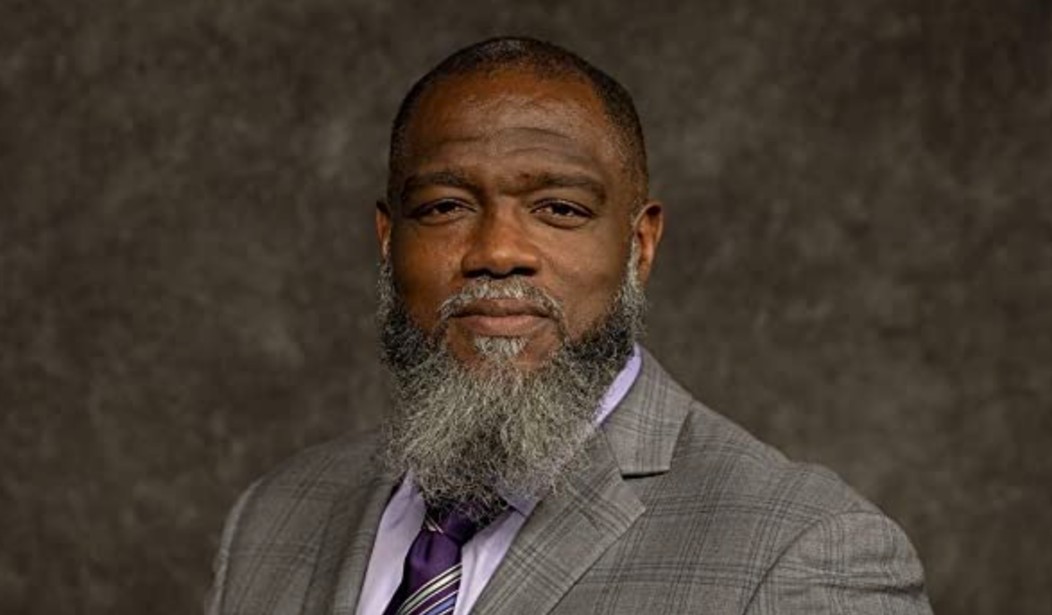

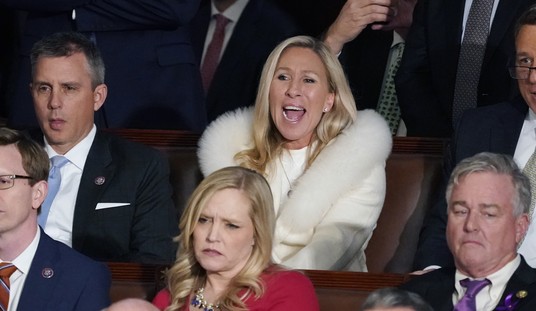
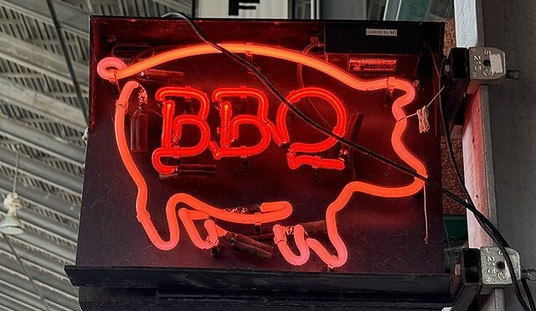
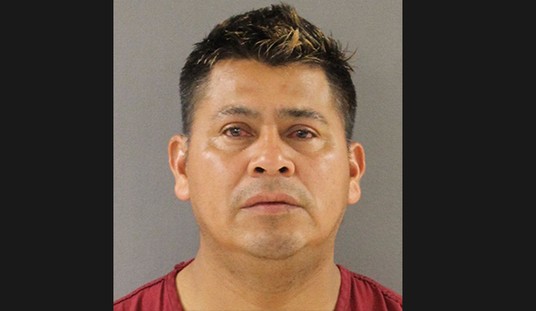


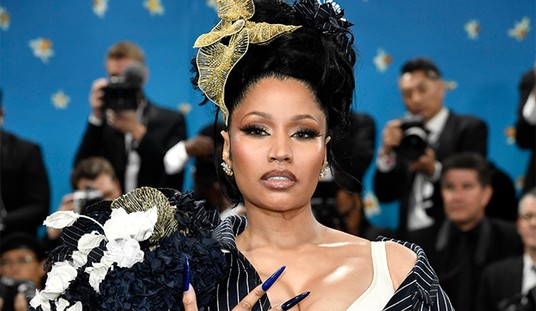
Join the conversation as a VIP Member